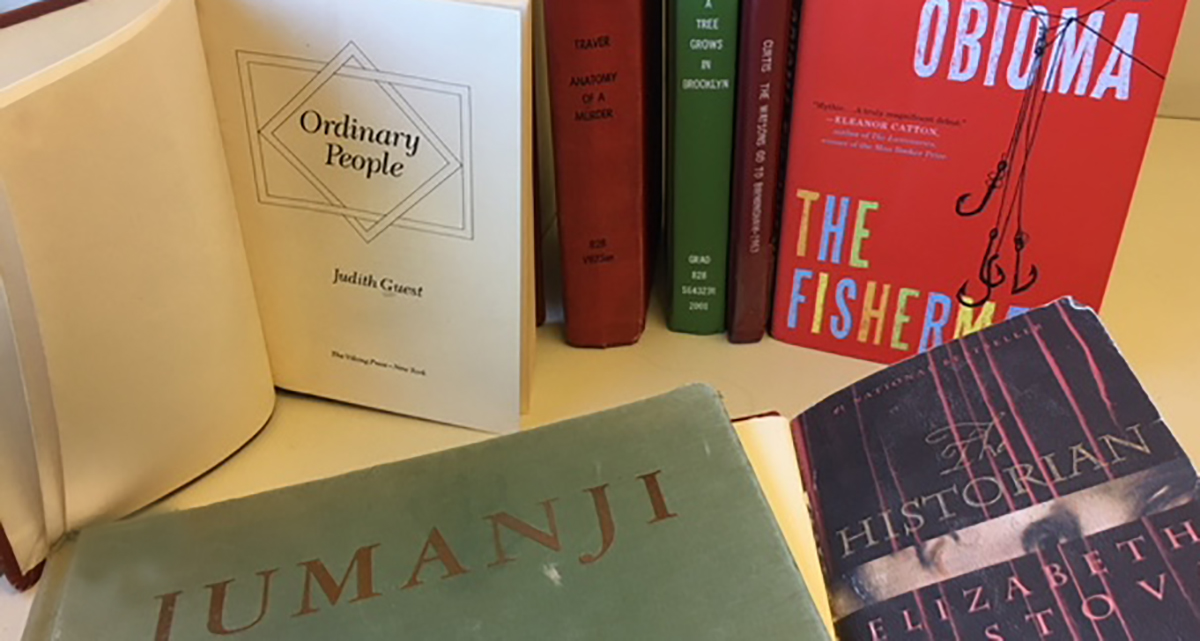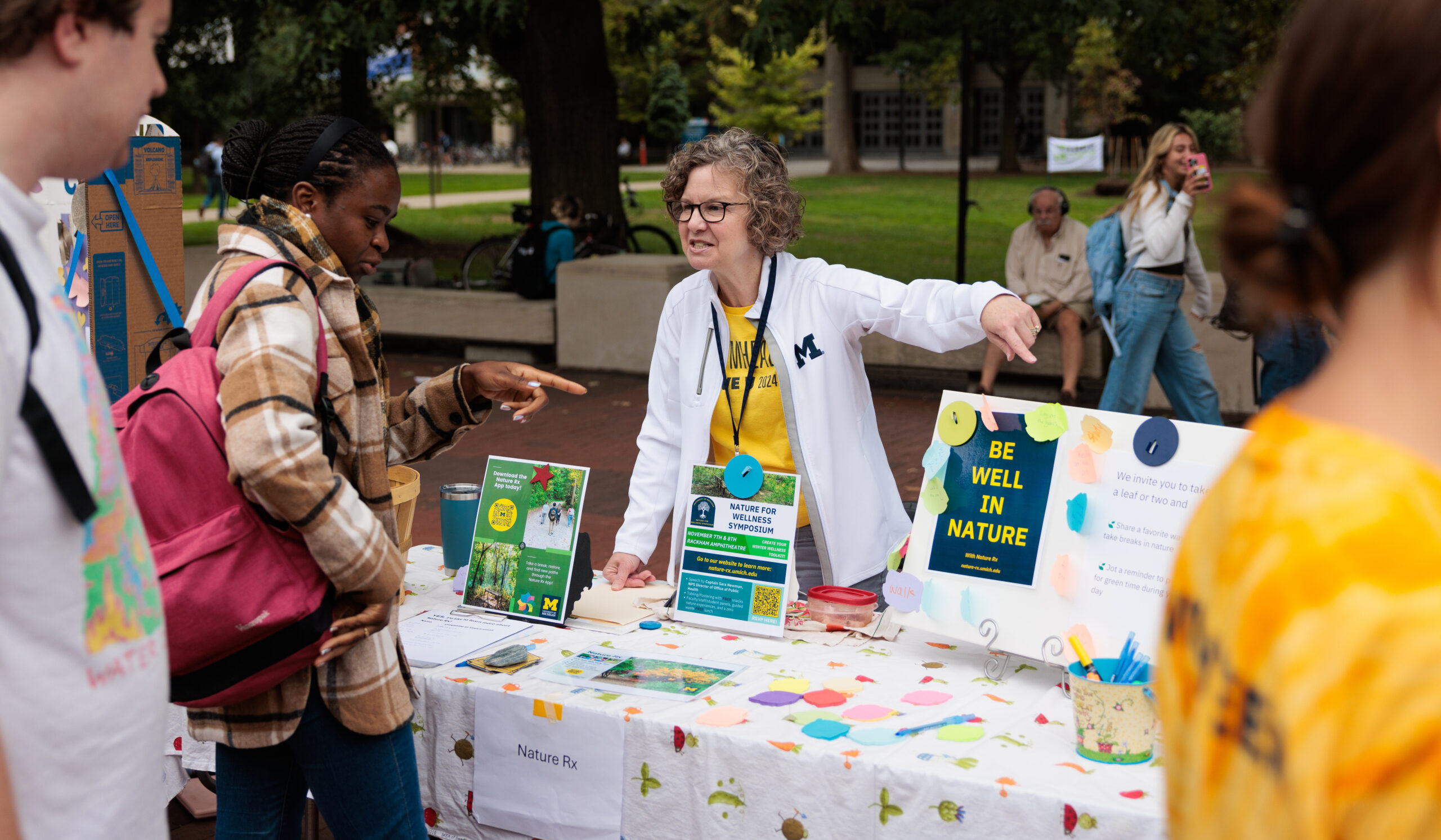In June, we listed nonfiction books penned by U-M alumni. In this issue, we highlight notable works of fiction—representing a small minority of talented writers. Whether you’re in the mood for a mystery or a children’s book, check out our selections.
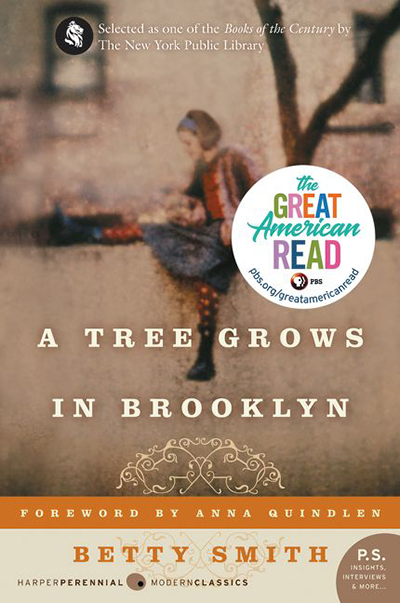
“A Tree Grows in Brooklyn” (1943) by Betty Smith, ’27-30
Publisher’s summary: From the moment she entered the world, Francie needed to be made of stern stuff, for the often-harsh life of Williamsburg demanded fortitude, precocity, and strength of spirit. Often scorned by neighbors for her family’s erratic and eccentric behavior … no one, least of all Francie, could say that the Nolans’ life lacked drama. By turns overwhelming, sublime, heartbreaking, and uplifting, the Nolans’ daily experiences are tenderly threaded with family connectedness and raw with honesty.
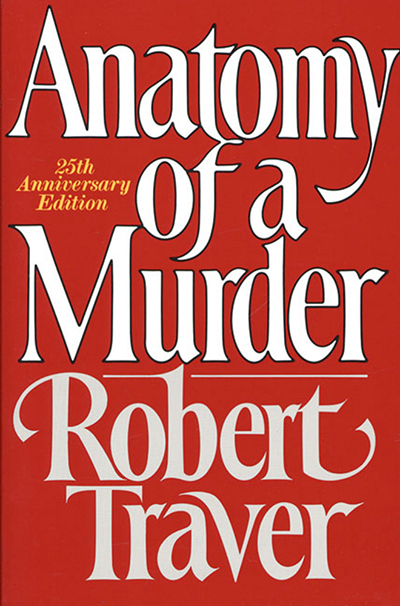
“Anatomy of a Murder” (1958) by Robert Traver (the pen name of John D. Voelker, ’28)
Publisher’s summary: First published … in 1958, Robert Traver’s Anatomy of a Murder immediately became the number-one bestseller in America and was subsequently turned into the successful and now classic Otto Preminger film. It is not only the most popular courtroom drama in American fiction, but one of the most popular novels of our time. A gripping tale of deceit, murder, and a sensational trial, Anatomy of a Murder is unmatched in the authenticity of its settings, events, and characters.
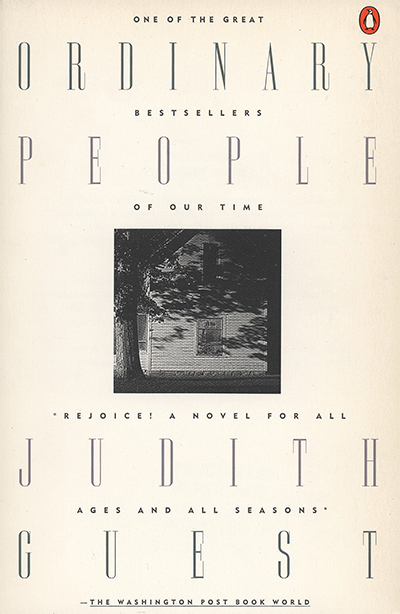
“Ordinary People” (1976) by Judith Guest, ’58
Publisher’s summary: In “Ordinary People,” Judith Guest’s remarkable first novel, the Jarrets are a typical American family. Calvin is a determined, successful provider and Beth an organized, efficient wife. They had two sons, Conrad and Buck, but now they have one. In this memorable, moving novel, Judith Guest takes the reader into their lives to share their misunderstandings, pain, and ultimate healing. Ordinary People is an extraordinary novel about an “ordinary” family divided by pain, yet bound by their struggle to heal.
Recognition: Kafka Prize
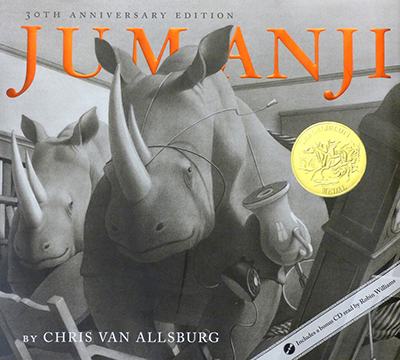
“Jumanji” (1981) by Chris Van Allsburg, ’72, HLHD’12
Publisher’s summary: The game under the tree looked like a hundred others Peters and Judy had at home. But they were bored and restless and, looking for something interesting to do, thought they’d give Jumanji a try. Little did they know when they unfolded its ordinary-looking playing board that they were about to be plunged into the most exciting and bizarre adventure of their lives. … Chris Van Allsburg again explores the ever-shifting line between fantasy and reality with this story about a game that comes startlingly to life.
Recognition: Caldecott Medal, National Book Award
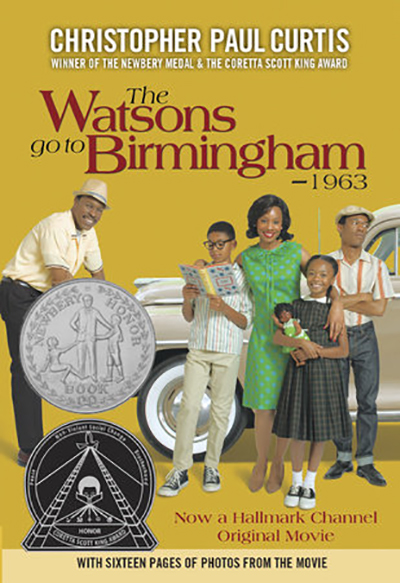
“The Watsons Go to Birmingham—1963” (1995) by Christopher Paul Curtis, ’00
Publisher’s summary: Enter the hilarious world of ten-year-old Kenny and his family, the Weird Watsons of Flint, Michigan. There’s Momma, Dad, little sister Joetta, and brother Byron, who’s thirteen and an “official juvenile delinquent.” When Byron gets to be too much trouble, they head South to Birmingham to visit Grandma, the one person who can shape him up. And they happen to be in Birmingham when Grandma’s church is blown up.
Recognition: ALA Top Ten Best Book, ALA Notable Children’s Book, IRA Young Adult’s Choice, The New York Times Book Review Best Book
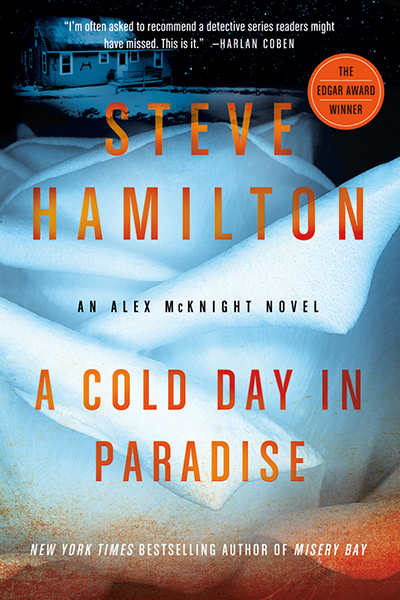
“A Cold Day in Paradise” (1998) by Steve Hamilton, ’83
Publisher’s summary: Former Detroit cop Alex McKnight thought he had put the nightmare of his partner’s death and his own near-fatal injury behind him. … But in the small town of Paradise, Michigan, where McKnight has traded his badge for a cabin in the woods, a murderer with the same unmistakable trademarks appears to be back. McKnight can’t understand who else would know the intimate details of the old murders. And it seems like it’ll be a frozen day in Hell before McKnight can unravel truth from deception.
Recognition: Shamus Award, Edgar Allan Poe Award
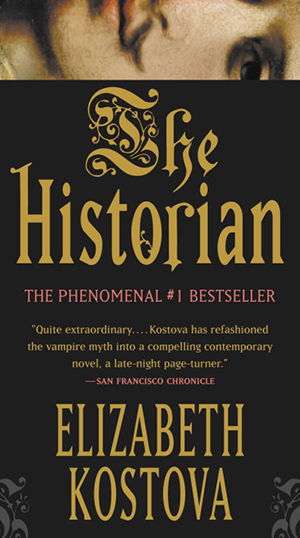
“The Historian” (2005) by Elizabeth Kostova, MFA’04
Publisher’s summary: A young woman finds an ancient book and a cache of yellowing letters. The letters are all addressed to “My dear and unfortunate successor,” and they plunge her into a world she never dreamed of … . The letters provide links to one of the darkest powers that humanity has ever known—and to a centuries-long quest to find the source of that darkness and wipe it out. It is a quest for the truth about Vlad the Impaler, the medieval ruler whose barbarous reign formed the basis of the legend of Dracula.
Recognition: Hopwood Award, Quill Award for Debut Author of the Year, Indies Choice Book Award for Adult Fiction
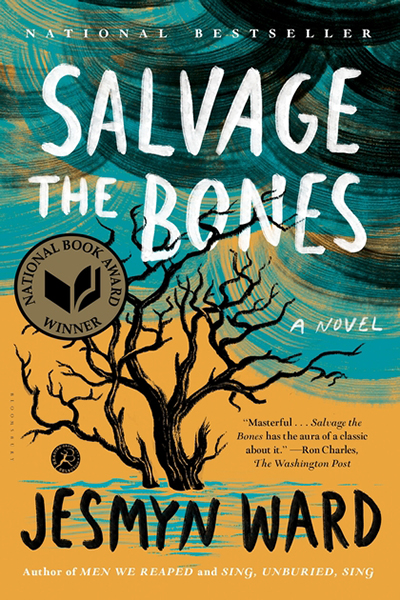
“Salvage the Bones” (2011) by Jesmyn Ward, MFA’05
Publisher’s summary: A hurricane is building over the Gulf of Mexico, threatening the coastal town of Bois Sauvage, Mississippi, and Esch’s father is growing concerned. A hard drinker, largely absent, he doesn’t show concern for much else. Esch and her three brothers are stocking food, but there isn’t much to save. … As the twelve days that make up the novel’s framework yield to their dramatic conclusion, this unforgettable family … pulls itself up to face another day.
Recognition: National Book Award
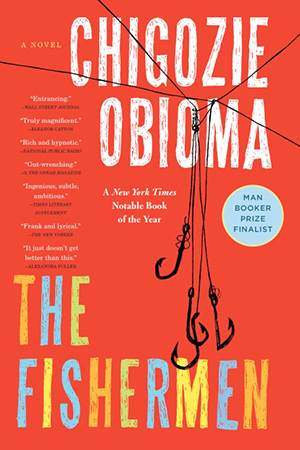
“The Fishermen” (2015) by Chigozie Obioma, MFA’14
Publisher’s summary: “The Fishermen” is the Cain and Abel-esque story of a childhood in Nigeria, in the small town of Akure. When their father has to travel to a distant city for work, the brothers take advantage of his absence to skip school and go fishing. At the forbidden nearby river, they meet a madman who persuades the oldest of the boys that he is destined to be killed by one of his siblings. What happens next is an almost mythic event whose impact … will transcend the lives and imaginations of the book’s characters and readers.
Recognition: Los Angeles Times Book Prize, NAACP Image Award for Outstanding Literary Work (Debut Author), FT/Oppenheimer Emerging Voices Award for Fiction

